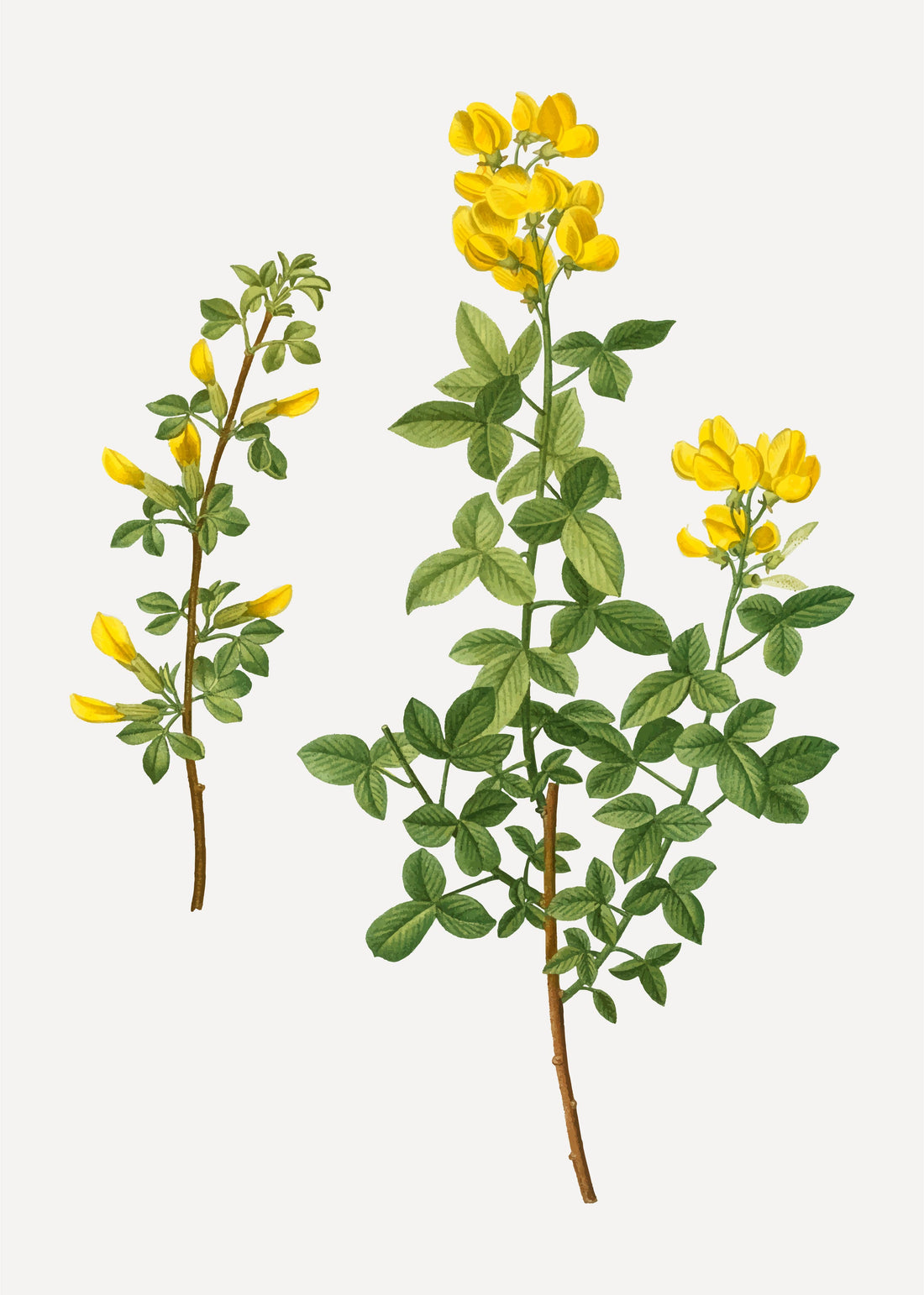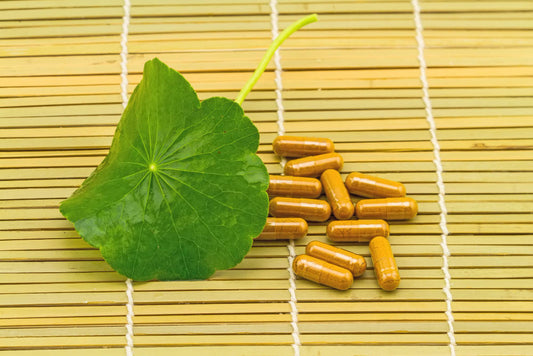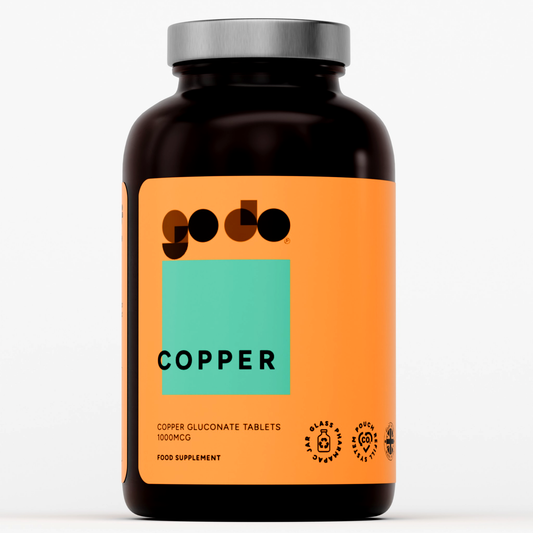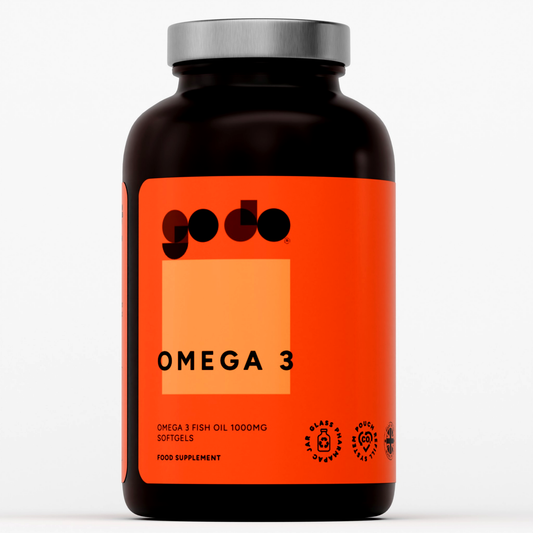In the realm of natural supplements, few have garnered as much acclaim and loyalty as St. John's Wort. For many, myself included, its significance extends far beyond mere botanical recognition; it symbolizes a commitment to holistic health and a testament to the wonders of nature's pharmacy. My affinity for this remarkable herb stems not only from its widely acknowledged benefits but also from the personal endorsement of my mother, who, with over a decade of experience at Holland and Barrett and a devout passion for organic living, swore by its efficacy.

St. John's Wort (Hypericum perforatum) has been utilized for centuries, primarily for its potential to alleviate symptoms of depression, anxiety, and mood disorders. However, its repertoire extends beyond mental well-being, with evidence suggesting its utility in addressing various ailments ranging from skin conditions to nerve pain. What sets St. John's Wort apart is its rich composition of bioactive compounds, including hypericin, hyperforin, and flavonoids, which collectively exert therapeutic effects on the body.
My mother (Jenny) advocacy for St. John's Wort was deeply rooted in her holistic approach to health. As a vegetarian and an advocate for organic produce, she prioritized natural remedies that complemented her lifestyle choices. St. John's Wort aligned perfectly with her principles, offering a natural alternative to conventional pharmaceuticals. She often emphasized the importance of sourcing supplements from reputable sources like Holland and Barrett, where quality and authenticity were never compromised.
One of the standout features of St. John's Wort is its ability to support emotional well-being. Countless individuals, including my mother, have experienced firsthand its mood-enhancing properties. Whether combating stress, managing mild to moderate depression, or simply seeking a natural mood boost, St. John's Wort has emerged as a reliable ally for mental wellness. Its mechanism of action involves the modulation of neurotransmitters such as serotonin, dopamine, and norepinephrine, akin to certain prescription antidepressants but without the associated side effects.

Beyond its impact on mood, St. John's Wort possesses anti-inflammatory and antioxidant properties that contribute to its versatility in addressing a myriad of health concerns. From soothing irritated skin to relieving nerve pain associated with conditions like sciatica, its holistic benefits extend across various bodily systems. Furthermore, ongoing research suggests potential applications in conditions such as menopausal symptoms, premenstrual syndrome (PMS), and even cognitive function, further underscoring its value as a comprehensive natural remedy.
However, it is essential to exercise caution when incorporating St. John's Wort into one's wellness regimen, particularly concerning potential interactions with medications and its suitability for specific individuals. Consulting with a healthcare professional, especially for those with pre-existing medical conditions or taking prescription medications, is imperative to ensure safety and efficacy.

As I reflect on my mother's unwavering belief in the power of St. John's Wort, I am reminded of the profound impact that nature's bounty can have on our health and well-being. Her journey epitomizes the fusion of traditional wisdom with modern science, a harmony that underscores the enduring relevance of botanical remedies in an ever-evolving landscape of healthcare. Through her legacy, I continue to embrace the holistic principles she instilled, with St. John's Wort serving as a poignant reminder of the healing potential that lies within nature's embrace.











